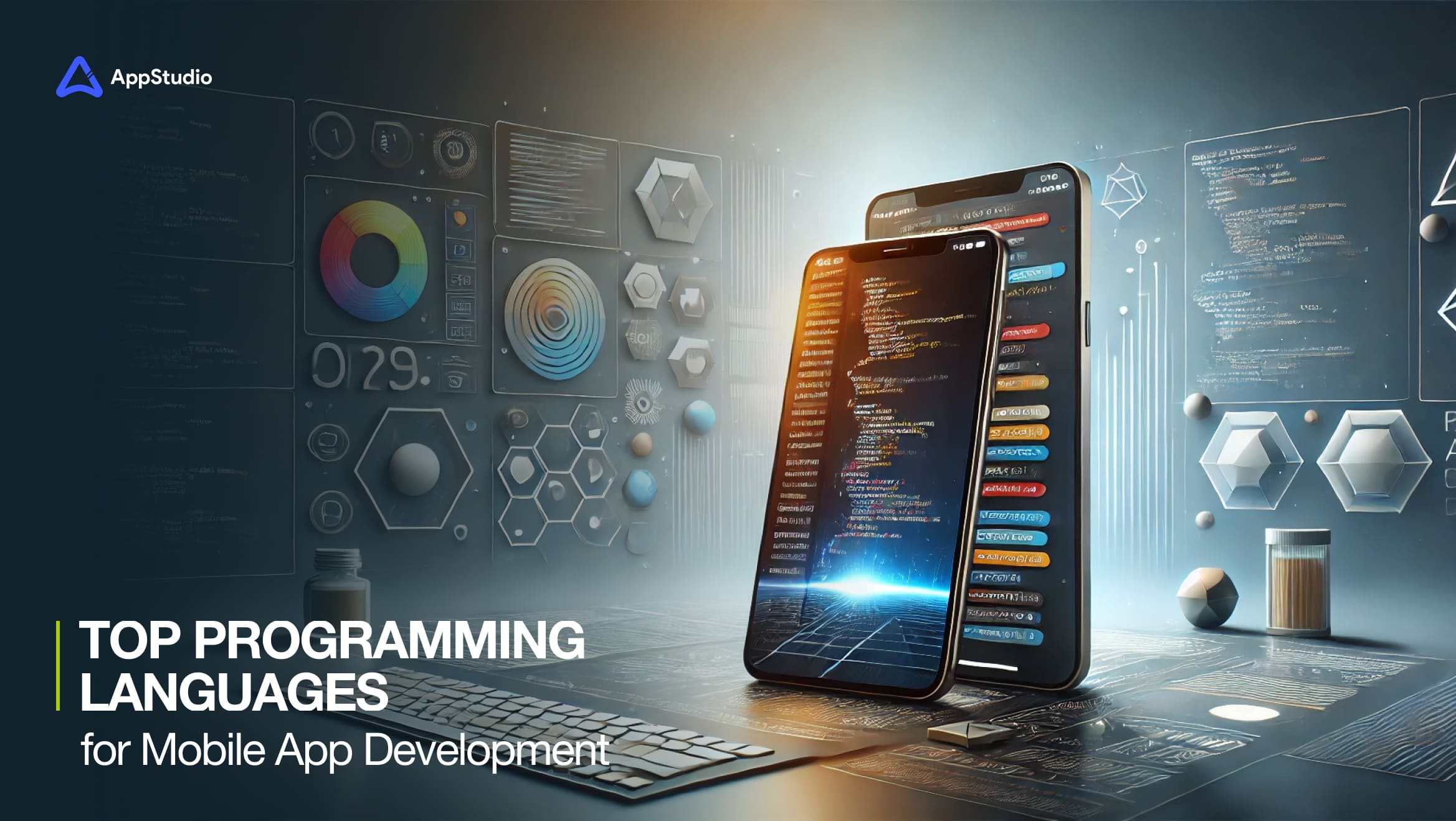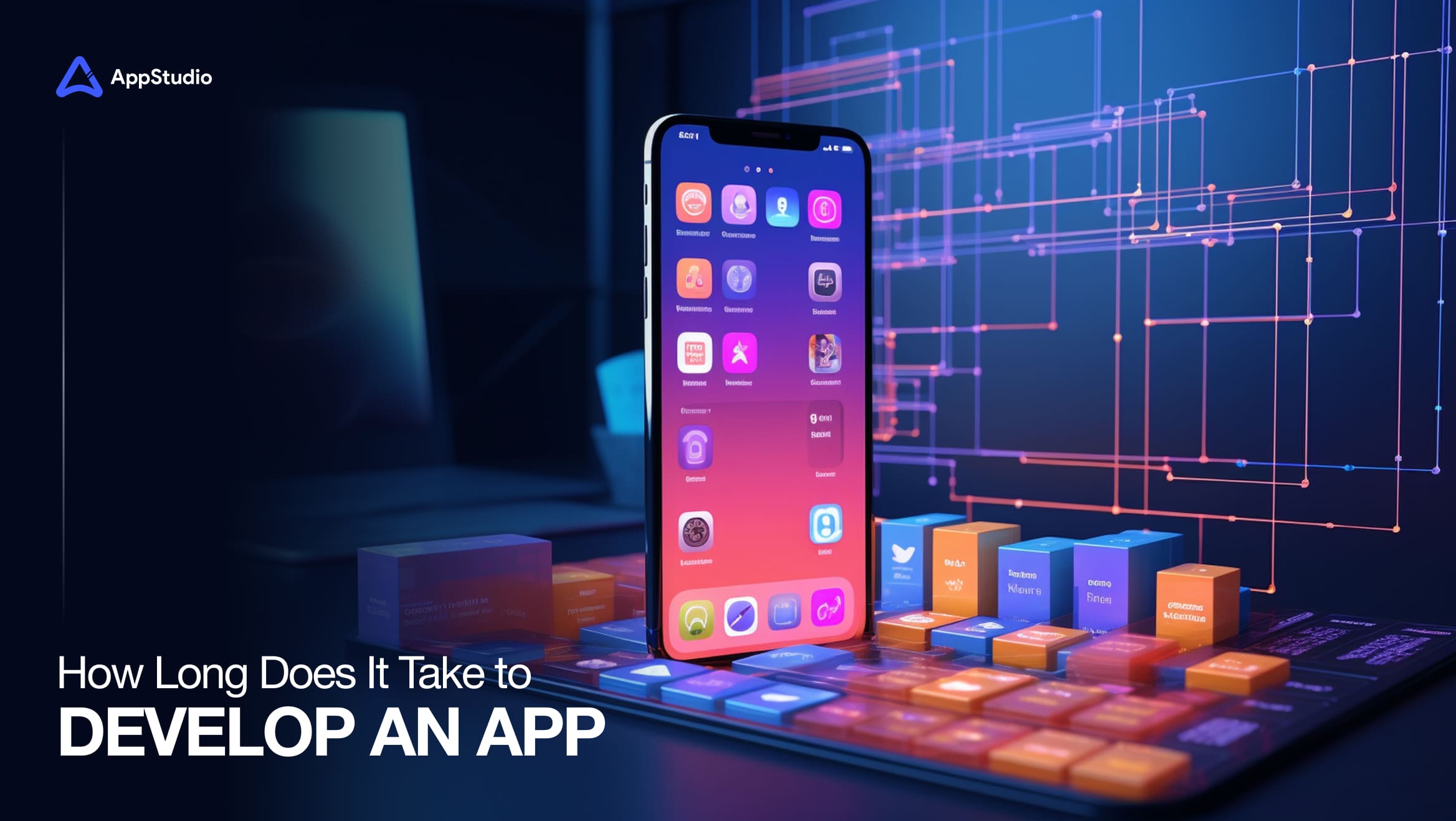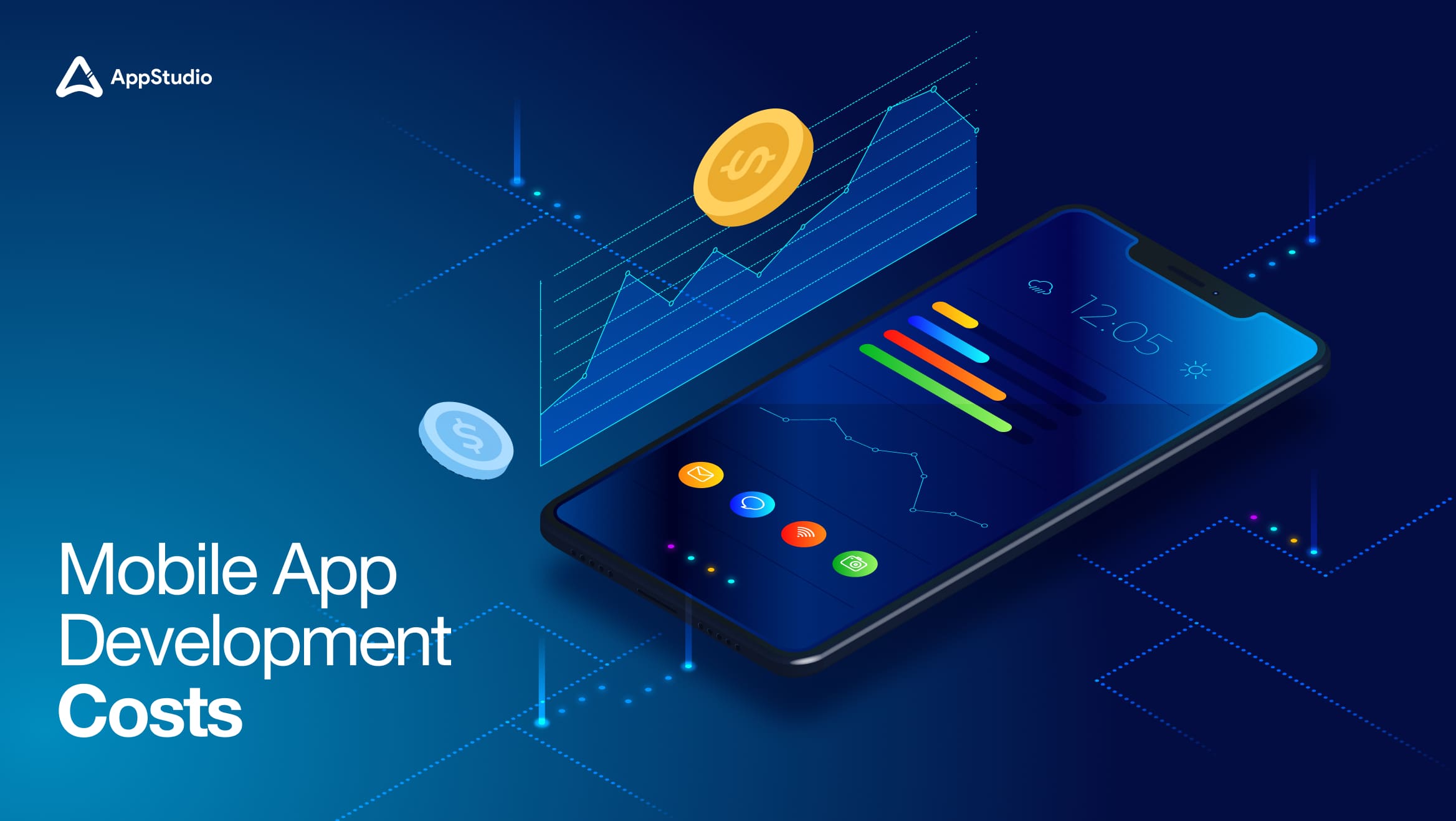In today’s digital age, programming languages for mobile app development play a pivotal role in shaping how we interact with technology. With mobile app downloads exceeding 257 billion in 2023, the choice of the best programming language for mobile apps has never been more critical. As the mobile app market is projected to generate revenues surpassing $673.80 billion by 2027, understanding the nuances of various programming languages for mobile app development becomes essential for developers and businesses.
In this blog, we’ll compare the leading programming languages for mobile app development, discussing their advantages and why some may be more suited to certain project requirements than others. This comparative analysis aims to equip you with the knowledge to make an informed decision on the optimal programming language for mobile app development based on your specific goals and tech environment.
Developers and businesses can better navigate this vibrant tech landscape by understanding these programming languages in the context of current and future app development demands. Let’s dive into the specifics of each language and discover how they contribute to building successful mobile applications.
Related reading: How Long Does it Take to Develop an App?
Understanding Different Types of Mobile App Development
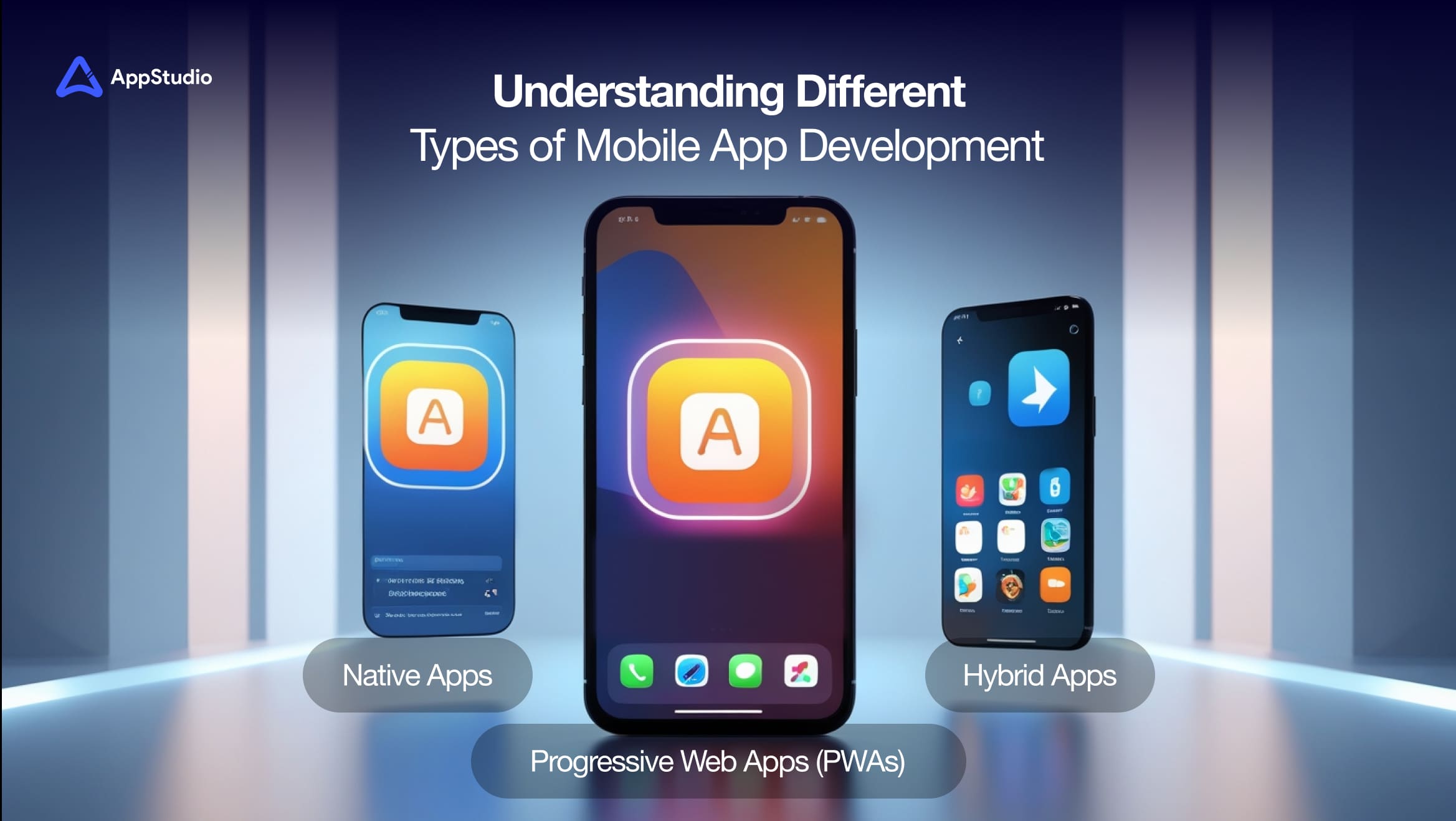
Mobile app development can be categorized into three main types, each with its distinct approach and coding requirements dictated by the best programming language for app development. These categories help app developers decide the best path based on the specific needs and functionality desired in the app.
Native Apps
Native apps are developed using programming languages for mobile app development that are directly supported by a device’s operating system, such as iOS or Android. This method, which often utilizes the best language for mobile app development, is preferred when creating applications that require high levels of customization and need to fully leverage the native components of devices. Native development is especially beneficial for apps that involve intensive graphics, virtual reality, or gaming. However, it requires separate codebases for each platform, which can increase development time and cost.
Hybrid Apps
Hybrid apps allow cross-platform development, meaning they are designed to operate on multiple operating systems, such as iOS and Android, from a single codebase. This approach significantly reduces development time as it eliminates the need to write unique code for each platform using the programming language for app development. While hybrid apps offer less flexibility in accessing device-specific features compared to native apps, they are sufficiently effective for most development needs and are particularly popular among developers who prioritize expedience and broader compatibility.
Progressive Web Apps (PWAs)
Progressive Web Apps (PWAs) are lightweight applications that function within the URL of a device’s web browser and mimic a mobile app’s appearance and user experience. PWAs are built using standard web development languages, making them an accessible option for developers with web development experience. Although PWAs do not require the complex learning curves of more specialized programming languages for mobile app development, they generally have more limitations in accessing native device functionality than traditional mobile apps.
Each of these development types presents its own set of advantages and drawbacks. As the mobile app industry evolves, understanding these distinctions is crucial for developers to select the most suitable development approach that aligns with the app’s intended functionality and target audience.
This guide continues to explore these methods in greater depth, providing insights into their practical applications and potential limitations using the best programming language for app development and the best language for mobile app development.
15 Best Programming Languages for Mobile App Development
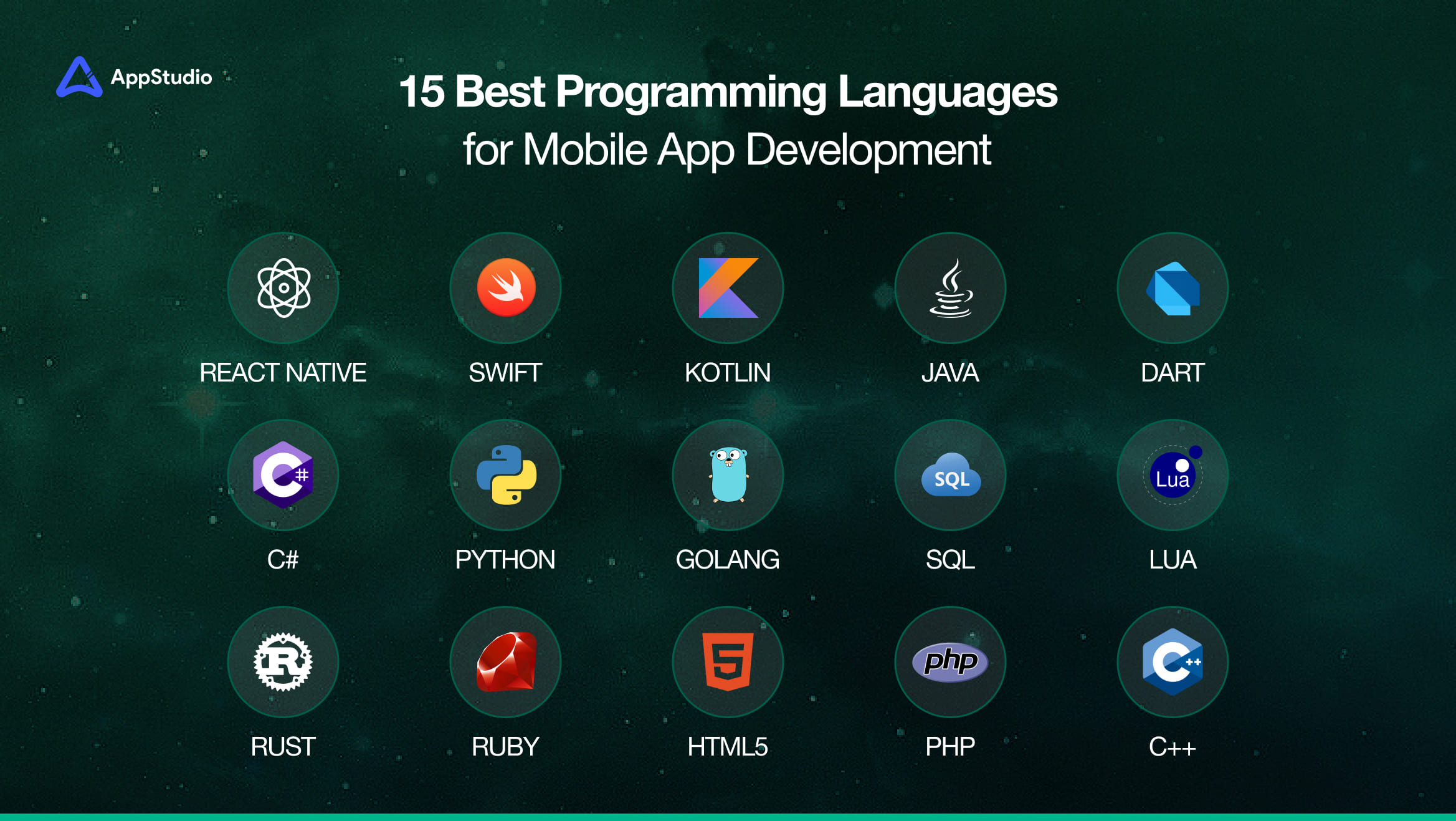
Selecting the right programming language for mobile app development is crucial, as each language offers unique benefits and potential drawbacks. Here’s an expanded overview of some top mobile application development languages, providing insights to help you choose the best programming language for your next mobile app project.
Swift
Swift, created by Apple, is an open-source language tailored for iOS, macOS, tvOS, and watchOS development. As one of the top mobile app development languages, it is favored for its swift performance, safety features, and lower code requirements, making it a preferred choice for modern app developers. Swift’s integration with Apple’s ecosystem provides a seamless development experience, though its evolving nature implies ongoing changes and improvements. Its rapid acceptance is evidenced by its use in popular apps like Uber and Airbnb, further cementing its place among the top mobile app development languages.
Advantages of Swift:
- Enhanced performance and safety.
- Rapid development process with less code.
- Strong integration with Xcode.
- Automatic memory management through ARC.
- Extensive community support and open-source availability.
Disadvantages of Swift:
- Limited pool of experienced developers.
- Ongoing development can lead to inconsistencies.
- Compatibility issues with older iOS versions.
- Integration challenges with existing C or C++ codebases.
Kotlin
Kotlin is Google’s endorsed language for mobile app development, known for its modern and concise syntax. It ensures smooth integration with Java, making it a strategic choice for developers transitioning from Java to Kotlin. The language supports robust safety features and promotes cleaner, more maintainable code. Apps like Netflix and Pinterest utilize Kotlin, highlighting its efficiency and scalability in real-world applications.
Advantages of Kotlin:
- Faster development and build times.
- Seamless Java interoperability.
- High code quality and maintainability.
- Extensive support for modern UI development.
Disadvantages of Kotlin:
- Still-developing library ecosystem.
- Less efficient bytecode compared to Java.
- Migration from Java can be resource-intensive.
- Limited native iOS development support.
Related reading: 14 Easy Steps to Create an App
Java
Java, maintained by Oracle and originally created by Sun Microsystems, remains a powerhouse language for mobile app development. Its robust framework and wide adoption make it ideal for a variety of applications, from enterprise solutions to popular apps like Twitter and Spotify.
Advantages of Java:
- Rich library support and versatile frameworks.
- High security with automatic memory management.
- Write once, run anywhere capability.
- Extensive toolset and IDE support.
Disadvantages of Java:
- Performance can be slower compared to native languages.
- Larger application size due to the JVM.
- Verbose code that can increase development time.
Dart
Dart, developed by Google, powers the Flutter framework, enabling the creation of visually attractive and natively compiled mobile, web, and desktop applications from a single codebase. Recognized as one of the best programming languages to develop mobile apps, it is known for its fast development cycles, expressive and flexible designs, and great performance across platforms.
Advantages of Dart:
- Speeds up development with less code for complex functionalities.
- Supports efficient app performance across platforms.
- Rich set of customizable widgets and extensive plugin support.
Disadvantages of Dart:
- Limited IDE support compared to more established languages.
- Relatively new, with fewer debugging tools.
- Performance can dip with complex UIs or heavy computations.
React Native
Developed by Facebook, React Native allows developers to build cross-platform apps using JavaScript. As a standout option in the app development languages list, it offers native-like performance with the ability to write code once and use it on both iOS and Android. Thanks to features like hot reloading, this framework is particularly popular among developers who prioritize development speed and cost efficiency, further securing its place in the app development languages list.
Advantages of React Native:
- Fast development process with cost-effectiveness.
- Large pool of JavaScript developers and active community support.
- Native-like performance with responsive web design capabilities.
Disadvantages of React Native:
- Limited access to certain native features.
- Performance issues with more complex applications.
- Reliance on third-party libraries for additional functionality.
C#
Developed by Microsoft, C# is a robust object-oriented language used beyond game development, extending into mobile app creation via Xamarin. Recognized as one of the best app development programming languages, this approach allows cross-platform development, leveraging C #’s powerful features within Microsoft’s .NET framework.
Advantages of C# :
- Supports cross-platform development, saving time and resources.
- Rich set of development tools within the .NET framework.
- Large, active developer community providing extensive support and resources.
- Strong security features inherent to the language.
Disadvantages of C#:
- Performance overhead can be an issue, with apps sometimes running slower than their native counterparts.
- Reliance on Microsoft tools, leading to potential vendor lock-in.
- Higher initial costs compared to some other platforms, particularly for small-scale developers.
Python (Kivy)
Python is a versatile, high-level programming language beloved for its ease of readability and flexibility across a broad range of applications, from web development to data science. With Kivy, Python extends its reach into mobile app development, allowing for rapid development and cross-platform solutions. This open-source framework supports multi-touch and is suitable for applications that require a natural user interface.
Advantages of Python (Kivy):
- Rapid development capabilities.
- Extensive libraries and frameworks that facilitate integration and functionality.
- Open-source nature allows for broad customization and community input.
- Ideal for prototypes and quick app development with lower maintenance costs.
Disadvantages of Python (Kivy):
- Performance issues due to Python’s interpreted nature.
- Larger application sizes and higher battery usage.
- Limited access to native features can be a significant drawback for more complex applications.
Golang
Google’s Go, or Golang, language is notable for its simplicity and efficiency, particularly in concurrent operations and cloud services. While primarily used for backend services, its robust performance characteristics make it suitable for mobile application development languages where efficiency and scalability are priorities. The language’s design emphasizes simplicity and high performance, which translates well to modern mobile app development needs.
Advantages of Golang:
- Concurrent processing capabilities are built into the language, facilitating efficient multitasking.
- Simple syntax makes code easier to maintain and develop.
- Built-in testing and performance tools encourage high-quality code output.
Disadvantages of Golang:
- Limited mobile UI development support makes it less ideal for apps that require extensive graphical interfaces.
- The mobile development ecosystem is less mature, which can pose challenges for developers looking for robust frontend solutions.
SQL
SQL is essential for managing relational databases. It is widely used in mobile app development to manage app data and interactions. SQL’s ability to handle complex queries and manage vast amounts of data makes it invaluable for applications that rely heavily on data manipulation and retrieval.
Advantages of SQL:
- Powerful data management capabilities.
- Optimized for handling large datasets efficiently.
- Supported by a vast number of database systems and is widely adopted across industries.
Disadvantages of SQL:
- Complexity in adding new lines of code or modifying the database structure.
- Vertically scalable but requires significant resources for horizontal scaling.
- May face challenges in managing highly distributed data systems due to its rigid schema requirements.
Lua
Lua is a powerful, efficient, lightweight scripting language designed for embedded use in applications. It is highly suitable for mobile development where performance and resource constraints are critical. Lua’s fast execution time and small runtime footprint make it ideal for real-time gaming or interactive media applications.
Advantages of Lua:
- Exceptionally lightweight, minimizing memory usage and improving performance.
- Easily embeddable with a well-documented C API that integrates smoothly with other languages.
Disadvantages of Lua:
- Sparse documentation in areas and a steep learning curve for those unfamiliar with its syntax.
- Limited community and resources compared to languages like Java or Python, which can complicate troubleshooting and development.
Rust
Rust is highly regarded for its performance and safety features, especially in system-level development. Sponsored by Mozilla, this language offers syntax somewhat akin to C++ but with more robust safety mechanisms and performance optimizations. It’s renowned for catching errors at compile-time and promoting optimized coding practices. Rust is employed in diverse applications, from network servers to game engines, with notable usage at companies like Dropbox and Yelp.
Advantages of Rust:
- Compiles with checks for errors, ensuring robust code from the start.
- Encourages writing efficient and optimized code due to its rich type system and ownership model.
- Offers safety features for concurrent programming without data races.
- Suitable for low-level systems programming, including embedded systems.
Disadvantages of Rust:
- Installation can be challenging on Windows platforms.
- Lacks comprehensive standard libraries found in more mature languages.
- The learning curve is steep for beginners, primarily due to its unique handling of memory safety.
- Compilation time is longer compared to some other languages, which may affect development speed.
Related reading: 20 Top Mobile App Development Tools
Ruby
Ruby is an object-oriented, backend scripting language known for its simplicity and productivity. It is widely used in web development and serves as the foundation for the Ruby on Rails framework. Ruby’s dynamic typing and duck typing capabilities enhance its flexibility for various programming paradigms. The language has powered websites like Airbnb and Shopify, showcasing its capability in large-scale applications.
Advantages of Ruby:
- Dynamic typing allows for more flexible code alterations without breaking existing functionalities.
- The language supports duck typing, which emphasizes the actions an object can perform rather than its class.
- Known for its elegant syntax that is both easy to write and maintain.
- Offers garbage collection and is generally easier for beginners to learn and use effectively.
Disadvantages of Ruby:
- Generally slower in execution compared to compiled languages, impacting its performance.
- Limited flexibility in some high-demand scenarios and the framework initialization can be time-consuming.
- Runtime performance is not optimal, which may be a drawback for performance-critical applications.
- The development pace and frequency of updates can be slower, affecting how quickly new features or bug fixes are implemented.
HTML5
HTML5 is not a programming language but a markup language for structuring and presenting content on the internet. Ideal for creating web-frontend applications, HTML5 supports various multimedia elements, making it a versatile choice for developers aiming to implement features like video, audio, and dynamic graphics. Its capability to operate across multiple platforms is demonstrated in applications like Google Docs and Google Drive.
Advantages of HTML5:
- Universally compatible with all modern browsers, supporting the latest web standards.
- Native support for multimedia elements such as audio and video without requiring external plugins.
- Enhanced performance through local storage options, reducing reliance on server-side processing.
- Features like the CANVAS element enable dynamic content creation, useful for games and interactive animations.
Disadvantages of HTML5:
- Requires extensive coding when adapting to different platforms, increasing development time.
- Backward compatibility issues with older browsers or systems can limit audience reach.
- Development of mobile-specific applications can be time-consuming as each platform may require unique coding adaptations.
- Customizations or feature additions may necessitate significant code adjustments, potentially leading to delays and increased complexity.
PHP
PHP is a highly favored open-source language for server-side scripting, command-line scripting, and application development. Known as one of the best languages to build an app, PHP development offers flexibility and ease of embedding into HTML. It is commonly used for building dynamic web applications, eCommerce development platforms, and content-heavy apps. Its scalability has made it the backbone of major websites like Wikipedia and Facebook, showcasing its ability to efficiently handle extensive data and user interactions. As the best language to build an app for many developers, PHP continues to be a reliable choice for creating versatile and scalable applications.
Advantages of PHP:
- Platform independence and high compatibility allow seamless integration across different systems.
- Facilitates quick loading of content-heavy applications even on slower internet connections.
- Features robust security measures to guard against complex threats.
- Beginner-friendly, offering a gentle learning curve that eases users into more complex programming.
Disadvantages of PHP:
- Being open-source, its code is accessible to everyone, which could lead to security vulnerabilities being exploited.
- Less suited for applications requiring high levels of complexity and scalability.
- The non-modular nature of PHP can make it challenging to maintain as projects scale.
- Requires more robust error handling capabilities within its framework.
C++
C++ is versatile and one of the best languages to build mobile apps that excel in scenarios requiring high performance, including mobile app development, game creation, and system programming. Its powerful object-oriented features, combined with low-level memory manipulation, make it suitable for a wide range of applications, from GUI-based applications to real-time mathematical simulations. Thanks to its adaptability to varying hardware and ecosystems, C++ is also utilized in cloud computing services and banking applications. As the best language to build mobile apps, C++ offers developers the tools to create robust and efficient applications across different platforms.
Advantages of C++:
- Provides fast execution and stability, essential for performance-critical applications.
- Extensive libraries and compilers are available, facilitating development across different platforms.
- Learning C++ can pave the way for mastering other languages such as Java, C, and C#.
- Offers complete control over system resources and hardware, allowing applications to maximize efficiency and performance.
Disadvantages of C++:
- The syntax can be complex and challenging, presenting a steep learning curve.
- Lacks some modern conveniences such as garbage collection, making memory management more demanding.
- Provides only basic support for object-oriented programming compared to other modern languages.
Selecting the Top Mobile App Development Language for Your Project
Selecting the optimal programming language for app development depends on the app’s nature, budget, timeline, and team expertise. Native development suits performance-critical apps like games, while hybrid languages allow quicker deployment across platforms, ideal for those with web development experience seeking faster market entry.
Related reading: Complete Guide to Application Development Life Cycle
How AppStudio Accelerates Your Mobile App Development
Mobile applications are pivotal for enhancing user engagement and driving business growth in today’s digital landscape. Our team combines deep programming knowledge with expert developers to create customized mobile solutions tailored to our clients’ strategic goals.
We specialize in both native and cross-platform programming languages. For iOS, we use Swift for its seamless integration with Apple’s ecosystem, and for Android, Kotlin is preferred for its safety features and Java interoperability. Our expertise ensures applications run smoothly and fully utilize platform-specific functionalities.
We excel in cross-platform development with languages like React Native and Flutter, enabling efficient multi-platform deployment. Additionally, we provide web-based mobile solutions using HTML5, CSS3, and JavaScript for optimal mobile responsiveness.
Frequently Asked Questions
We create applications for iOS using Swift and Android using Kotlin. Additionally, we offer cross-platform development using the best programming languages to develop mobile apps like React Native and Flutter for broader compatibility.
Absolutely, we use app development languages like Python and C# to integrate new apps seamlessly with existing backend systems, ensuring efficient functionality and data synchronization.
Our development involves thorough testing across all devices and platforms, using advanced tools to optimize performance and ensure robust stability before launch.
We adhere to industry-standard security protocols, including secure coding practices, data encryption, and regular compliance assessments to safeguard your app against vulnerabilities.
The development timeline can vary, generally ranging from a few months to over a year, depending on the app’s complexity and feature set.
Yes, we provide comprehensive support and maintenance services post-deployment for applications built using our chosen programming language for app development.
